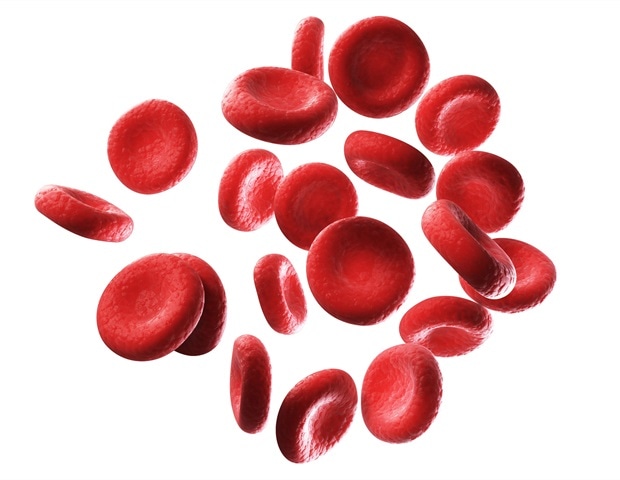
Immune cells referred to as monocytes produce a key inflammatory protein referred to as interleukin-1 beta (IL-1β) via an unconventional pathway in sufferers with systemic lupus erythematosus, generally known as lupus, in line with a brand new examine by Weill Cornell Medication investigators.
The findings, revealed Oct. 7 in Immunity, may result in new remedies focusing on IL-1β to raised handle irritation in sufferers who do not reply effectively to current therapies.
Lupus is a persistent autoimmune illness wherein the physique’s immune system assaults its personal tissues, resulting in widespread irritation that may have an effect on the pores and skin, joints, kidneys and coronary heart. There are 20 to 150 circumstances per 100,000 individuals in the US, in line with the medical reference supply UptoDate. Whereas a genetic foundation may be recognized in a fraction of sufferers, the precise trigger stays unclear in most of them. The illness is understood, nonetheless, to contain overproduction of kind I interferons (IFNs)—proteins that assist the physique battle viruses however may drive dangerous irritation in autoimmune circumstances. But some lupus sufferers fail to completely reply to remedies blocking IFNs, prompting the investigators to search for one other wrongdoer.
Lupus is taken into account an ‘interferonopathy’ as a result of nearly all sufferers present elevated interferon exercise of their blood and tissues. It was stunning to seek out co-activation of each interferon and IL-1β pathways in lupus monocytes, since these proteins usually negatively regulate one another in immune responses.»
Dr. Virginia Pascual, senior writer, director of the Gale and Ira Drukier Institute for Youngsters’s Well being and the Ronay Menschel Professor of Pediatrics
Mitochondrial DNA units off alarm
The present examine builds on earlier analysis from 2021, the place first writer Dr. Simone Caielli, an assistant professor of immunology analysis in pediatrics on the Drukier Institute, and her group found purple blood cells retaining mitochondria in as much as 60% of pediatric sufferers with lupus however not in wholesome controls or sufferers with the autoimmune illness juvenile dermatomyositis. Mitochondria are usually degraded through the purple blood cells’ improvement and the detection of mitochondrial DNA can set off an immune response characterised by IFN manufacturing.
Within the new examine, Drs. Pascual and Caielli discovered that monocytes produced not solely IFN but additionally IL-1 β upon internalizing lupus purple blood cells containing mitochondria. The researchers utilized in vitro and ex-vivo assays on blood samples from sufferers with lupus to establish a stunning mechanism wherein IL-1β manufacturing finally outcomes from interactions between the IFN pathway and a protein advanced referred to as the inflammasome, which is answerable for the manufacturing of IL1b and is generally suppressed by IFN.
Persistence of monocytes could amplify the illness
Importantly, the examine additionally revealed that IL-1β secretion happens with out cell loss of life, a course of usually required for this protein’s launch, making it a beautiful goal for brand new therapies.
«With out inflicting cell loss of life, lupus monocytes may doubtlessly journey via the physique, launch IL-1β and survive in infected areas, amplifying their dangerous results,» Dr. Caielli mentioned. «These cells can also remodel into cells that activate different parts of the immune system, worsening the irritation.»
Trying forward, the researchers plan to review how these immune pathways behave throughout lupus flare-ups and remissions, with the objective of refining therapy methods. They’re additionally growing diagnostic instruments to detect monocytes that produce each IFN and IL-1β, which may assist establish sufferers who would profit from therapies that block each proteins.
The researchers are hopeful that their findings won’t solely result in higher remedies for lupus sufferers however can also apply to different autoimmune ailments with comparable inflammatory pathways.
Supply:
Journal reference:
Caielli, S., et al. (2024). Sort I IFN drives unconventional IL-1β secretion in lupus monocytes. Immunity. doi.org/10.1016/j.immuni.2024.09.004.

